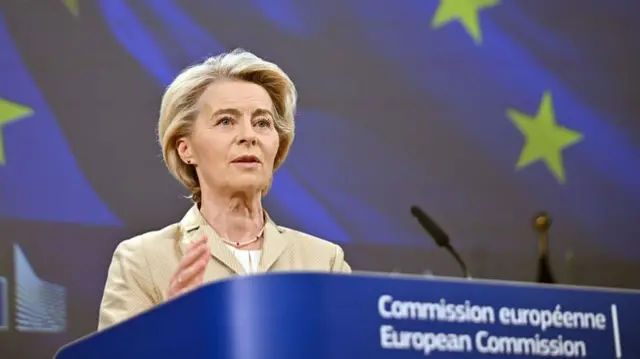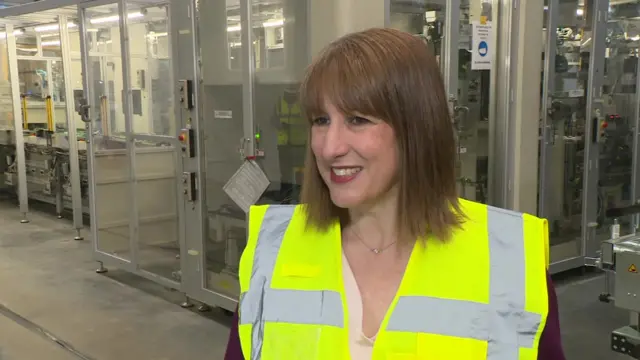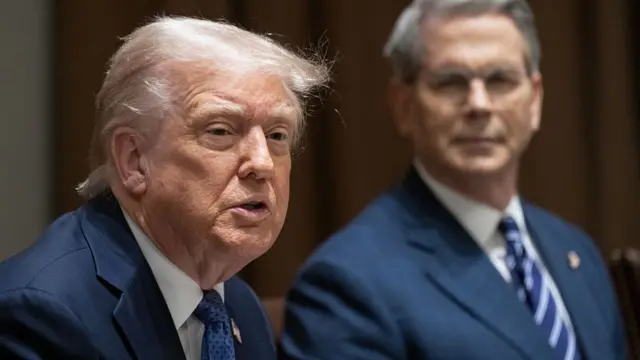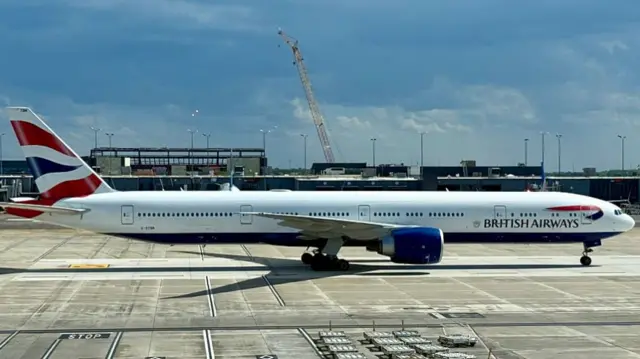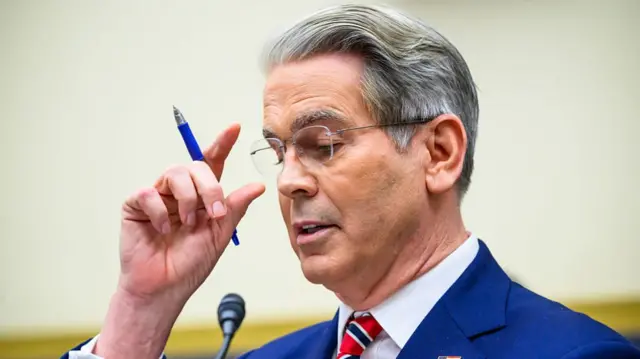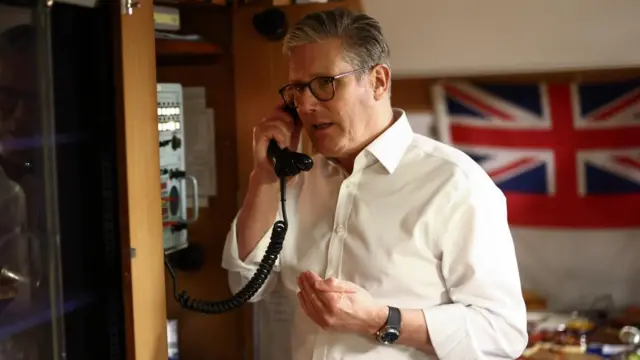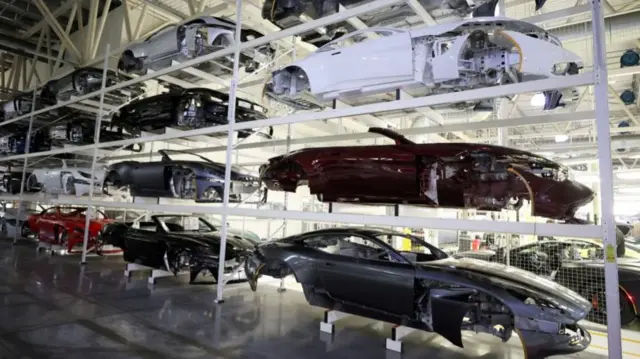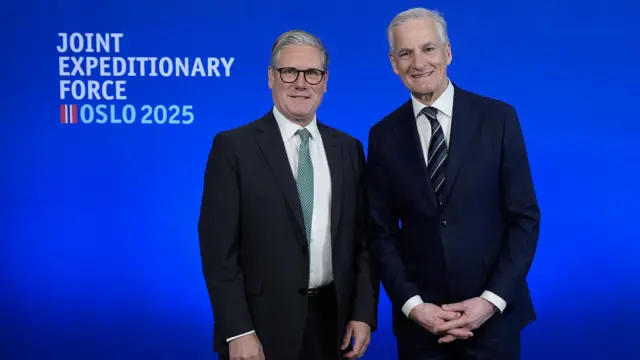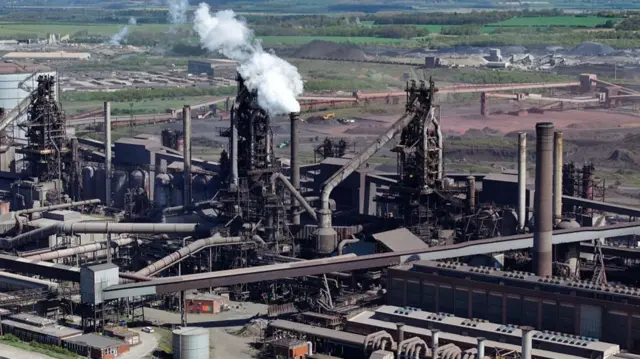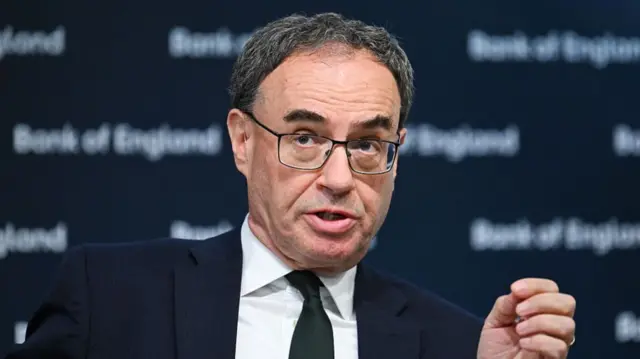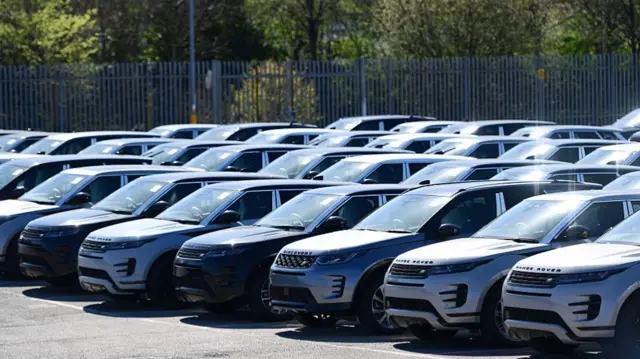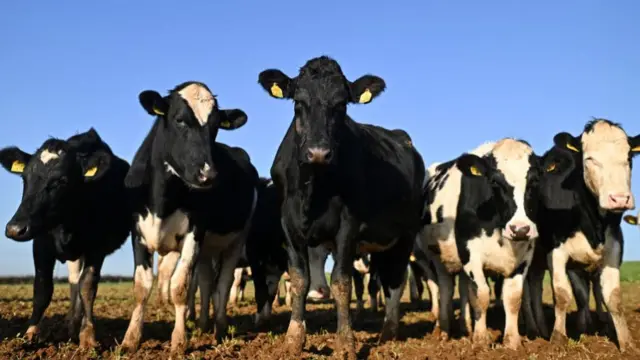Mixed reaction to UK-US dealpublished at 13:31 BST 9 May
We've been getting more reaction to yesterday's announcement of a agreement over tariffs on some goods traded between the countries, so let's bring you up-to-date with the latest.
What is the deal?
Simply put this is a tariff agreement that amends the levies the president placed earlier this year:
- Tariffs on cars exported to the US will be reduced from 27.5% to 10% - this will apply to a quota of 100,000 UK cars, almost the total the UK exported last year
- The 25% tariffs on UK steel and aluminium imported by the US are to be scrapped
- For agriculture, there will be "reciprocal market access" on beef which means that UK farmers will be given a quota for 13,000 metric tonnes of beef to be exported to the US, and the US granted the same
- A secure supply chain for pharmaceutical products will also be created, with final details to be written up in the coming weeks
- The US will have preferential access to high-quality UK aerospace components
Aside from this, the reciprocal tariff rate of 10% on the UK, which was announced in March, remains in place.
However, it’s important to remember that nothing is finalised. There are still months of negotiations and legal paperwork ahead.
What reaction has there been this morning?
Chancellor Rachel Reeves described it as a “good deal” and Treasury Minister Darren Jones said that 150,000 jobs had been "protected" but that the government would “continue to negotiate in other sectors”.
Shadow trade secretary Andrew Griffith accepted that there are some “good elements” to the deal but said “overall it’s quite disappointing,” adding that a more “comprehensive” agreement is needed to grow the UK economy.
British Airways' parent company announced it had bought 32 new Boeing planes from the US alongside 21 from European manufacturer Airbus
Liam Bates, from stainless steel manufacturer Marcegaglia, said the announcement was “very significant”, but adds that it would “be good to get more clarity”
Farmers have also had a mixed reaction to the deal, with one Surrey beef farmer sharing his concerns that “US [beef imports] could be of lower quality”
We're closing this page for now, but you can read analysis from our political editor Chris Mason and political correspondent Damian Grammaticas' and more about the deal here: US-UK agree deal slashing Trump tariffs on cars and metals.
